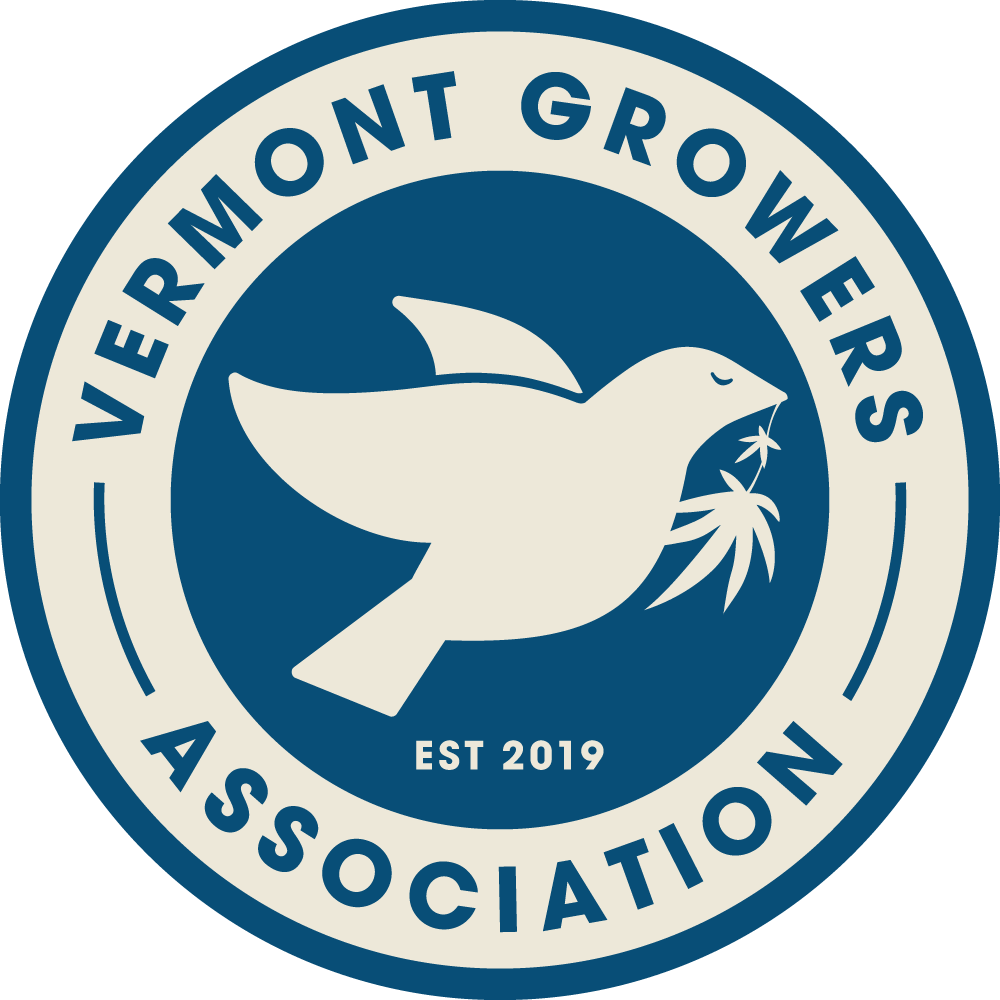
Act 164 (2020) is Vermont’s new taxation and regulation law, enacted on October 7, 2020. Governor Phil Scott (R) allowed the bill to become law without his signature and a long list of concerns about racial justice and equitability and accessibility for BIPOC, small businesses, and farms for legislators to revisit in 2021. Vermont had already legalized cannabis in 2018 when Governor Phil Scott signed Act 86, allowing adults 21 and older to possess up to one ounce of flower, five grams of concentrates, and grow two mature and four immature plants per household, all without establishing a legal marketplace. Act 164 now seeks to create an adult-use marketplace in Vermont with retail shops, cultivation licenses, and much more.
Quick Facts
Bill S.54 is now Act 164 (2020).
Act 164 (2020) was enacted on October 7, 2020.
Adults 21 and older in Vermont may possess up to one ounce at a time.
Dispensaries may open adult-use retail locations and begin to sell cannabis and cannabis-related products on May 1, 2022.
Adults 21 and older will be able to buy up to one ounce of cannabis flower, or one ounce equivalent in cannabis-related products, at a time.
There is no public consumption or lounges, yet.
Vermont has a first-in-the-nation 30% THC cap on flowers and a 60% THC cap on concentrates which will likely drastically impact product selection.

Frequently Asked Questions
Though Act 164 is now law, a fully operational adult-use commercial market is still years away. Below are some commonly asked questions consumers have about the new Vermont law.
When can I apply for licensing to cultivate, process, and sell cannabis?
No profit should be made from a legal cannabis market in Vermont without first automatically expunging the records of all cannabis-related convictions, and releasing all Vermonters incarcerated for cannabis crimes, regardless of where the Department of Corrections has inmates housed. Automatic expungement must be accomplished at the executive level to remove any burden of process and come cost-free to the individual.
What is the soonest I can begin to cultivate, process, and sell cannabis?
For decades this nation's BIPOC community has been disproportionally targeted by the horrendous war on drugs, which has destroyed countless individuals, families, and communities. Corporate operators have dominated legal cannabis markets over the past decade, preventing countless BIPOC individuals from achieving fair market access. A legal cannabis market in Vermont must include funding assistance and cost-free licensing for business development for the BIPOC community. This is the least we can do to attempt to begin to heal the grave injustices caused by the war on drugs.
What are licensing costs?
Tasking the Vermont Agency of Agriculture Food and Markets with creating and administering a legal cannabis industry will be far more timely and efficient than the Cannabis Control Board described in bill S.54, and come at less of an expense to taxpayers to boot. The new agency has a $1 million operating budget and would take over 2.5 years to become fully operational and actualize tax revenue for the state. VAAFM already oversees cannabis with their hemp program, they have the institutional knowledge and infrastructure to successfully manage cannabis with minimal additional funding.
What is the licensing application process?
Since its inception, Vermont has been an agrarian state, and thusly, our local farmers must be allowed to meaningfully participate in a legal cannabis market. This includes the ability to cultivate cannabis on land zoned for agricultural use, which is restricted under Bill S.54 which designates the plant as a commercial good. Ultimately, cannabis may be best defined within zoning ordinances as a special designation of agriculture. Both sun-grown and indoor cultivation are essential to Vermont and our farmers, as is the ability for farms to establish themselves as tourist destinations.
How can I ensure good hiring/employment practices that advance women and bipoc members of our community?
Market access is equity. Vermont’s legal cannabis market must include the ability for retailers, farmers, and growers to sell products alongside the 5 designated dispensary outlets in the first round of licensing. Vermont’s economy relies heavily on the local multiplier effect which is generated by local ownership and further fueled by tourism. The 5 retail locations as defined in bill S.54 may deliver some tax revenue, but as they are owned by out of state entities, their profits will be siphoned out of Vermont. Local producers must be able to sell their products directly to consumers and any retailer they wish. The retail licensing plan laid out in S.54, which allows 5 large entities to dominate the retail cannabis industry, will not strengthen our local economy like a system that emphasizes local ownership would.
What are my financial tax obligations on the state and federal level?
Market access is equity. Vermont’s legal cannabis market must include the ability for retailers, farmers, and growers to sell products alongside the 5 designated dispensary outlets in the first round of licensing. Vermont’s economy relies heavily on the local multiplier effect which is generated by local ownership and further fueled by tourism. The 5 retail locations as defined in bill S.54 may deliver some tax revenue, but as they are owned by out of state entities, their profits will be siphoned out of Vermont. Local producers must be able to sell their products directly to consumers and any retailer they wish. The retail licensing plan laid out in S.54, which allows 5 large entities to dominate the retail cannabis industry, will not strengthen our local economy like a system that emphasizes local ownership would.

